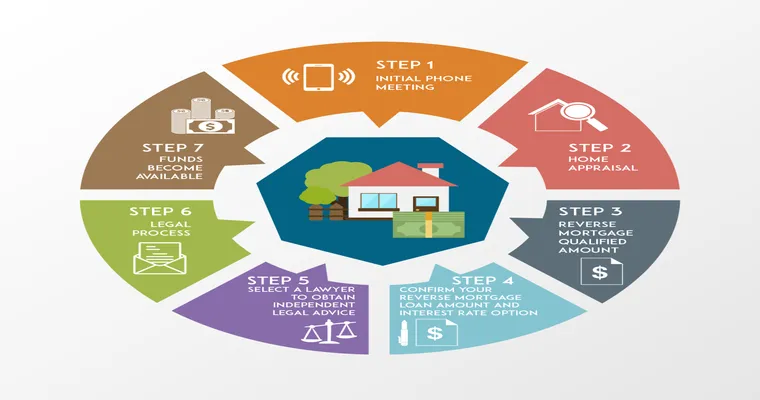Navigating the complexities of "Medicaid", particularly the "Adult Child Caregiver Exemption", can be challenging for many families. This exemption allows a parent to transfer their home to an adult child who has been providing care, enabling them to qualify for Medicaid benefits. However, complications arise when the parent has a "reverse mortgage" on the property, as this financial arrangement typically prohibits the transfer of the home. So, what should families do in this situation?
The "Medicaid Adult Child Caregiver Exemption" is designed to facilitate the provision of care while protecting family assets. To qualify, the adult child must have lived with the parent for at least two years and provided regular assistance that allowed the parent to remain in their home. This exemption can be a lifeline for families seeking to ensure that their loved ones receive the care they need without jeopardizing their financial stability.
However, the presence of a "reverse mortgage" complicates matters. A reverse mortgage allows homeowners, typically seniors, to convert a portion of their home's equity into cash, which can be especially beneficial for covering living expenses or healthcare costs. The challenge arises when the parent wishes to transfer the home to the adult child. Most reverse mortgage agreements include a due-on-sale clause, which means if the home is transferred, the entire loan becomes due immediately. This can create a significant barrier to utilizing the caregiver exemption.
So, what are the options for families facing this dilemma? Here are a few strategies to consider:
1. "Consult with a Medicaid Planning Expert": Working with a professional who specializes in Medicaid planning can provide valuable insights into the best course of action. They can help navigate the intricacies of Medicaid rules and ensure that families make informed decisions.
2. "Pay Off the Reverse Mortgage": If financially feasible, paying off the reverse mortgage may be a solution. This would eliminate the due-on-sale clause and allow the parent to transfer the home without any complications. However, this may require careful financial planning and consideration of available resources.
3. "Seek a Home Equity Conversion Mortgage (HECM) Alternative": If the reverse mortgage is a Home Equity Conversion Mortgage (HECM), there may be alternatives available that do not have the same restrictions. Researching other options or refinancing could provide a pathway to a solution.
4. "Consider a Life Estate": A life estate allows the parent to retain the right to live in the home for the remainder of their life while transferring ownership to the adult child. This arrangement can sometimes satisfy Medicaid requirements and avoid triggering the due-on-sale clause, but it is essential to consult with an attorney to understand the implications fully.
5. "Explore Other Medicaid Exemptions": In addition to the adult child caregiver exemption, there may be other Medicaid exemptions that could apply. Understanding all available options can help families make the best decision for their situation.
In conclusion, while the "Medicaid Adult Child Caregiver Exemption" offers significant benefits, the complications introduced by a "reverse mortgage" can create hurdles that families must navigate carefully. By seeking professional advice and exploring various strategies, families can find a path forward that ensures both the caregiver and the parent can achieve their goals without sacrificing financial security. Remember, every situation is unique, so tailored solutions will be essential in these circumstances.





